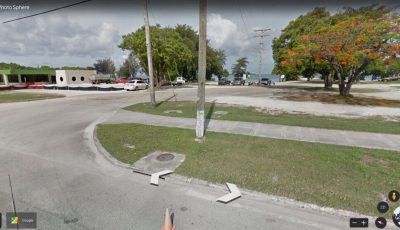CPA objects to DPL proposed lease for new port dock
The Department of Public Lands’ proposed lease of property for a dock in Puerto Rico may infringe on the Commonwealth Ports Authority’s jurisdiction over ports in the Commonwealth, according to CPA counsel Robert Torres yesterday, as the proposed facility would also compete with existing stevedores that CPA profits from.
Torres, in a report to the CPA board on “leases” last week, said CPA has commented on the proposed lease for this docking facility. He said CPA has objected to the lease, citing CPA statute for its jurisdiction over ports and harbors.
He also said the Department of Lands and Natural Resources has also put in its objection as the “lease involved submerged lands,” which is under DLNR’s jurisdiction.
“The contemplated lease would allow stevedoring,” Torres told board members. “There is an existing contract with Saipan Stevedore, for which CPA receives its money.”
“CPA is objecting to that lease,” Torres said.
Saipan Tribune tried but failed to obtain comment from DPL. An email sent to DLNR was also not responded to as of press time.
Torres was referring to Pacific Marine Enterprises’ proposed lease with DPL for the purpose “of operating and managing a marine facility…to construct and operate a concrete loading dock for vessel and offloading with an administration building, and associated activities,” according to a copy of the notice of the proposed lease.
The term of the proposed lease is 25 years.
According to a copy of the lease, the public land is adjacent to the Tanapag lagoon.



























